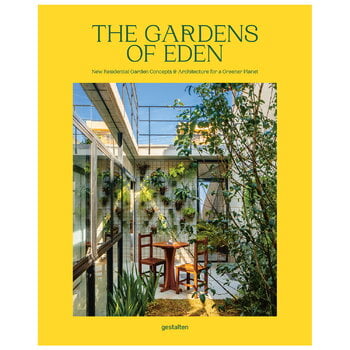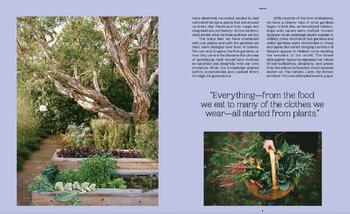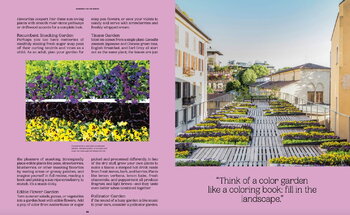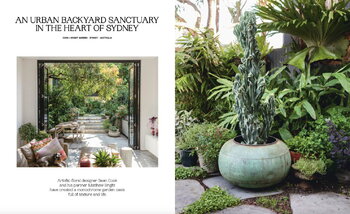The Gardens of Eden: New Residential Garden Concepts & Architecture for a Greener Planet offers an inspiring look to modern gardening. Published by Gestalten, the book presents over 20 astoundingly beautiful gardens around the world, ranging from urban rooftop gardens to the backyards of country houses. In addition to introducing innovative garden projects, the book provides ideas and tips on how to do gardening sustainably and what you should know about climate zones and different soil types. The book is written by Abbye Churchill, editorial director of Wilder Quarterly gardening magazine.
As our lifestyles become more sustainable, so does the way we interact with our gardens. No matter what size your patch is, it’s easy to create diverse and rich environments for plants and insects, or to grow your own fruits or vegetables. The Gardens of Eden introduces you to over 20 imaginative projects, featuring interviews with garden designers, insightful texts, and plans to show what contemporary garden culture looks like. In addition, this title offers information about different climate zones and soil types and gives tips for sustainable gardening and self-sufficiency. Get creative with native plants, and design greener corners within urban areas. The Gardens of Eden looks at fascinating examples of gardens around the world, teaching what you can do for nature while revealing what a green space can do for you.


















